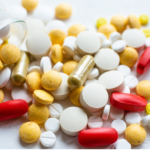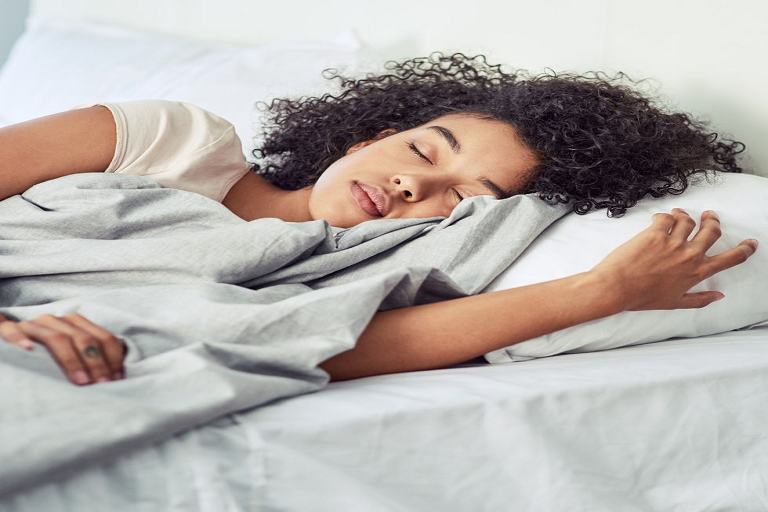Too Much Sleep May Be as Risky as Too Little, New Research Shows
In addition to getting regular activity, like exercising a few times a week, you probably know not to skimp on sleep if you want to keep your heart healthy. But could getting too much dreamtime be equally problematic? Bad news, snooze lovers: New research suggests it could also raise some health risks.
A study presented at the American College of Cardiology’s recent annual scientific conference looked at just over 14,000 participants in the National Health and Nutrition Examination Survey. Much like other large-scale health surveys, this one collects a range of behaviors and outcomes, including diet, exercise, smoking, sleep, and medical diagnoses.
Participants were followed for about seven years. Those who reported a heart attack, heart failure, or stroke during that time were assessed for risk factors, including levels of C-reactive protein (CRP), a key inflammatory marker associated with heart disease.
They were also given an atherosclerotic cardiovascular disease (ASCVD) risk score, which takes into account factors like age, race, blood pressure, gender, and cholesterol, which can all play a role in predicting heart issues.
Researchers found there was a U-shape relationship with sleep duration: Those who got fewer than six hours of sleep were at the highest ASCVD risk, but there was also elevated risk for those who slept more than seven hours every night. It appeared that the sweet spot was about six to seven hours, which had the lowest ASCVD risk.
- Getting too much sleep—more than seven hours each night—may be associated with a higher risk of atherosclerotic cardiovascular disease (ASCVD), according to new research.
- Excessive sleep duration puts the body into a state of stress and creates elevated levels of C-reactive protein (CRP), a key inflammatory marker associated with heart disease.
- However, the standard recommendation of getting seven to nine hours of sleep every night is just an average.
But do you really have to be concerned that you’re doing your heart a disservice by getting more ZZZs?
“It’s tough to say,” W. Christopher Winter, M.D., president of Charlottesville Neurology and Sleep Medicine and author of The Sleep Solution, told Bicycling. “We know that elevated CRP is a marker of inflammation within the body. There have been studies for some time showing that extremes of sleep duration—both inadequate and excessive—put the body into a state of stress and create elevated levels of CRP.”
Individuals who ignore their sleep quality can skate by for a while, but Winter said it tends to catch up to you in your mid-50s.
But here’s the catch: That standard recommendation of getting seven to nine hours of sleep every night is an average, and Winter said it does not apply to everyone. Also, people who are labeled as excessive sleepers may be doing so because of poor sleep quality, which means they’re actually getting less total sleep than it seems.
To determine how much you really need, Winter suggests evaluating your degree of daytime sleepiness first. If it’s high, you are probably not getting enough sleep. The other measure is how long it takes you to fall asleep. Spending an hour or more trying to dip into slumber is a good indication that you’re spending too much time in bed, he said.
In general, it’s worth putting in some effort to track your sleep and employ strategies that improve its quality—put the phone away, have a regular bedtime and wake time, and create a bedtime ritual—rather than fret over sleeping too much.






























